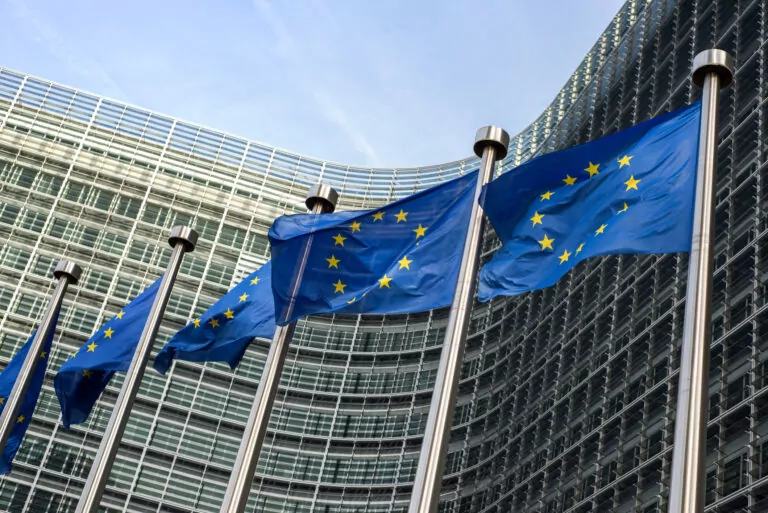Add to favorites:
Share:
This funding call aims to support innovation in circular water management within the agricultural sector, addressing barriers to scaling up alternative water sources. It aligns with the European Green Deal’s Farm to Fork strategy and the EU water-related policies, particularly the Water Framework Directive and the Water Reuse Regulation. Projects should test strategies and technologies for irrigation using alternative water sources in real-life conditions, evaluate long-term impacts on soil, crops, and ecosystems, and identify suitable business models. Additionally, proposals should develop solutions to societal, regulatory, and financial challenges, enhance knowledge dissemination, and foster acceptance of circular water management practices among farmers and consumers. The expected results include enhanced resilience to water scarcity, improved agricultural sustainability, and increased awareness of alternative water use.
Opening: 06-05-2025
Deadline(s): 04-09-2025
Data provided by Ghent University
This funding opportunity represents a pre-agreed draft that has not yet been officially approved by the European Commission. The final, approved version is expected to be published in the first quarter of 2025. This draft is provided for informational purposes and may be used to preliminarily form consortia and develop project ideas, but it is offered without any guarantees or warranties.
Expected Outcome
• Sustainable pathways for alternative water sources in agriculture across the EU.
• Enhanced knowledge for farmers on the impacts of alternative water sources.
• Increased resilience to water scarcity, especially in drought-prone areas.
• Improved acceptance and confidence in alternative water use among farmers and citizens.
Scope
• Test strategies and technologies for irrigation using alternative water sources in real-life conditions.
• Identify and evaluate business models for economic sustainability of alternative water sources.
• Assess long-term impacts on soil, crops, ecosystems, and food safety from using alternative water.
• Develop cost-efficient monitoring and contaminant removal techniques for safe water use.
• Address societal, regulatory, and financial barriers to adopting circular water management.
• Foster knowledge dissemination and training for farmers and stakeholders.

